This Grilled Chicken Seasoning doubles as a marinade and is the best solution for flavor-packed tender, and juicy chicken. Elevate your poultry game with this simple blend of herbs, spices, and secret ingredients. Say goodbye to dry, bland chicken and hello to mouthwatering perfection.
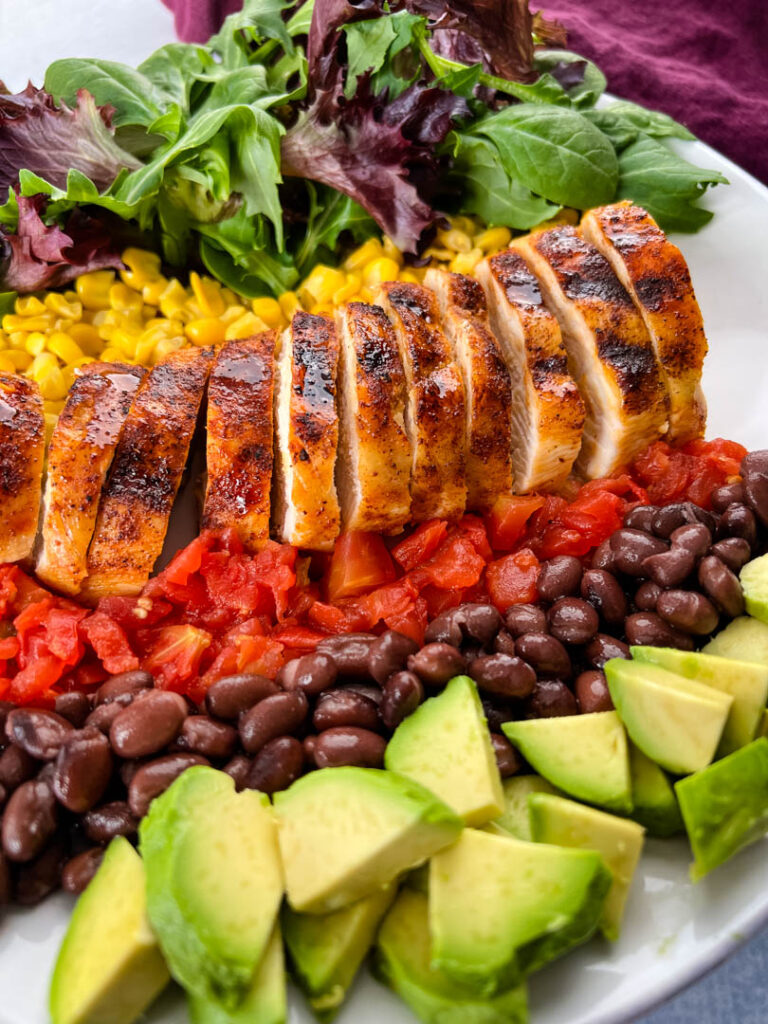
Want to save this recipe for later?
This post contains affiliate links. Please read my full disclosure here.
Table of Contents
Why You Will Love This Recipe
- Flavor: Marinades and seasonings infuse grilled chicken with a depth of flavor. The combination of herbs, spices, acids, and oils creates a well-balanced taste that will elevate your meal.
- Tenderization: This marinade contains soy sauce, which is acidic. Ingredients like apple cider vinegar and citrus juice will also work. These help tenderize the chicken by breaking down its connective tissues. This results in a more tender and juicy end product.
- Moisture Retention: Marinades not only contribute to flavor but also help the chicken retain moisture during the grilling process. This is especially beneficial for lean cuts of chicken that might otherwise dry out.
- Easy to Customize: You can tailor the flavor profile to suit your preferences, experiment with different ingredients, and create unique combinations that appeal to your taste.
- Reduced Need for Additional Sauces: I don't usually add BBQ sauce to my grilled chicken! Well-marinated and seasoned grilled chicken often stands well on its own, requiring minimal additional sauces or condiments. This can be beneficial for those looking to enjoy the natural flavors of the chicken.
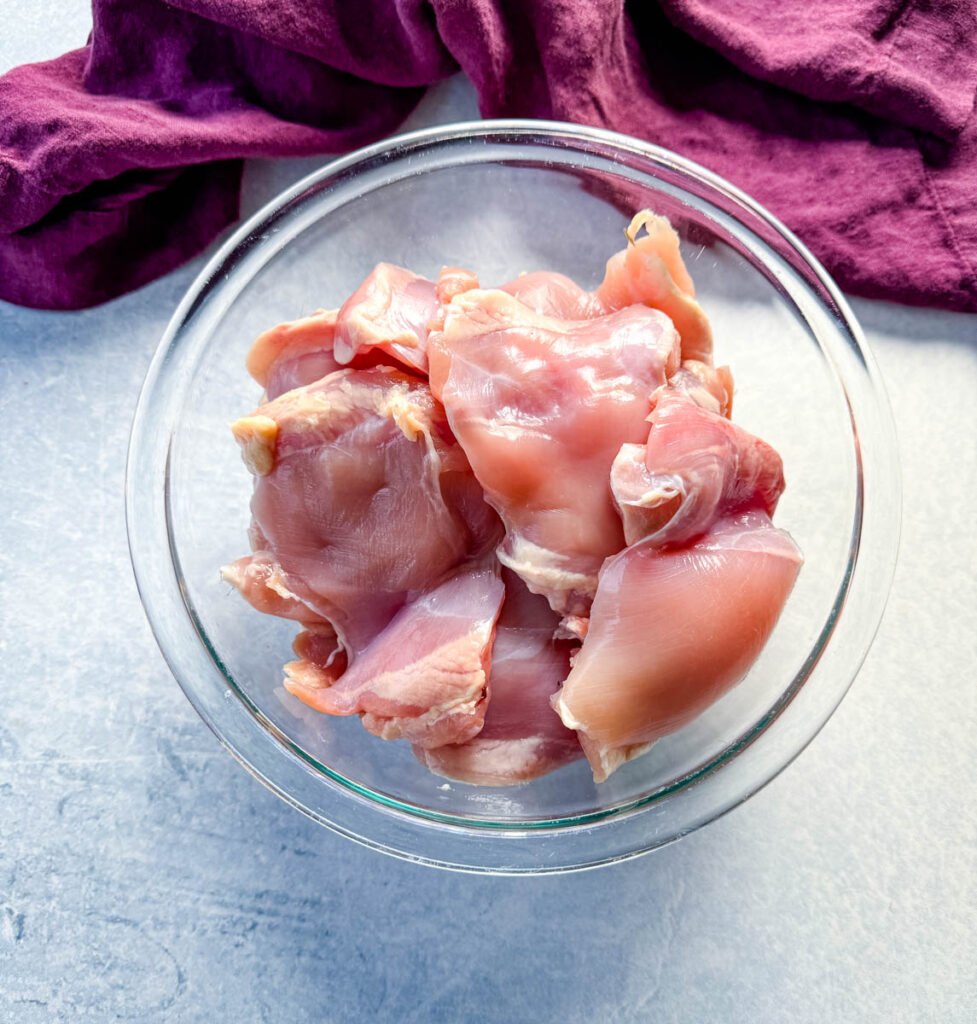
Key Ingredients
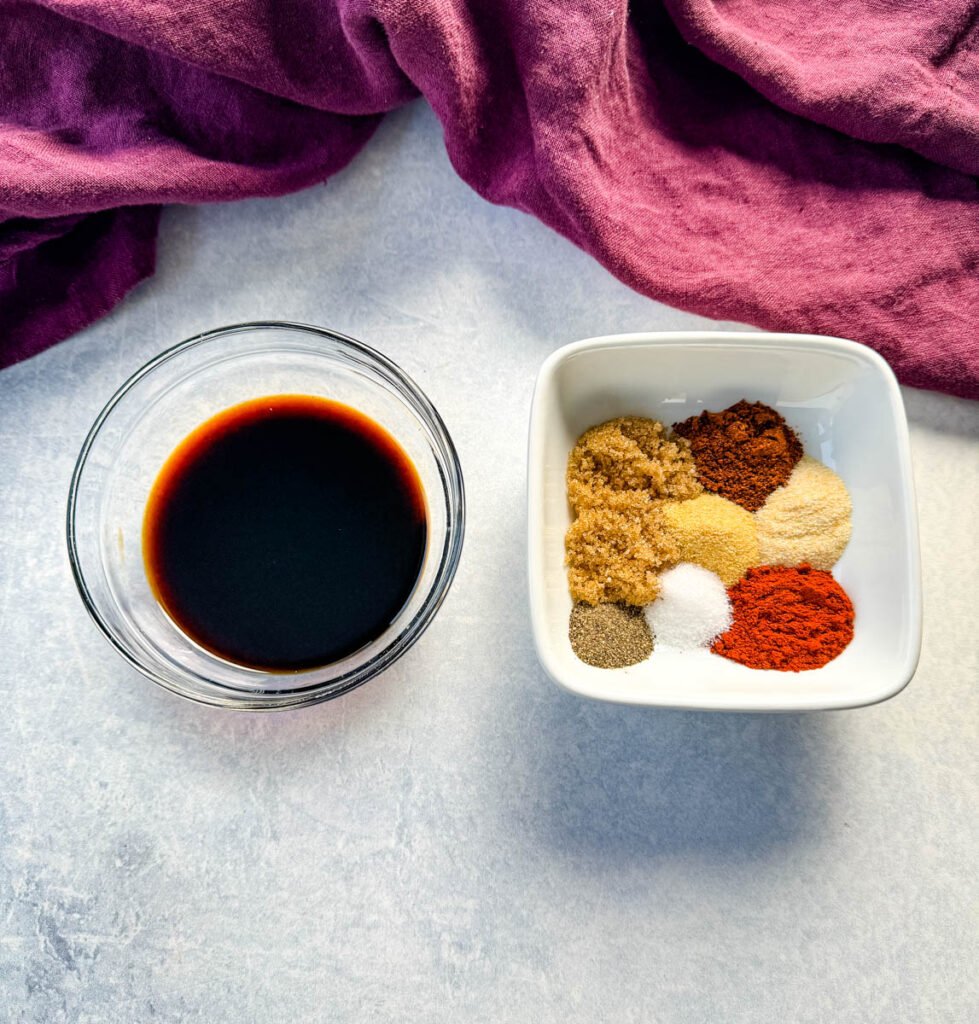
Do You Have to Use Liquid
Grilled and smoked chicken doesn't necessarily need to include liquid, but it often benefits from a combination of dry and wet ingredients to enhance both flavor and moisture. Marinades distribute flavors throughout the meat, influencing both the exterior and interior. They are effective at tenderizing tougher cuts of meat. Keep this in mind if you are cooking chicken breasts.
A dry rub is a mixture of dry ingredients such as spices, herbs, salt, sugar, and other seasonings. It lacks liquid components. The spices create a flavorful crust, adding depth. Check out my Dry Rub for Chicken Wings recipe if that's what you're looking for.
This recipe uses all of the spices and flavor you will find in a dry rub in conjunction with soy sauce as the liquid marinade to help tenderize the chicken.
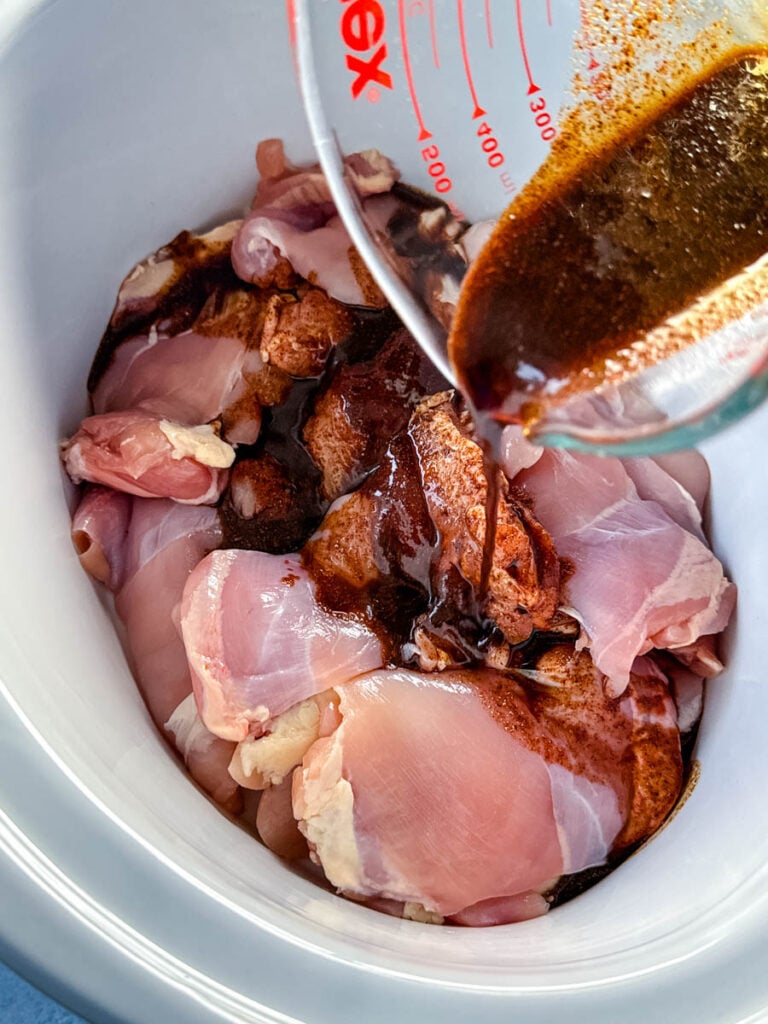
How to Make Grilled Chicken Seasoning
Detailed measurements and full instructions can be found in the recipe card at the bottom of this post.
- Combine the soy sauce and all of the spices and drizzle it over the chicken in a large bowl or plastic bag.
- Place the chicken in the fridge (covered) for 30 minutes to overnight.
How to Customize/Substitutions and Variations
Customizing the blend to suit your taste is pretty easy. Experiment with different combinations of herbs and spices to create unique flavor profiles.
- Chipotle Powder: Great for intense smoky flavor.
- Rosemary
- Thyme
- Oregano
- Cumin
- Cayenne Pepper
- Ginger
- Lemon Juice
- Apple Cider Vinegar
- Balsamic Vinegar
- Honey
- Maple Syrup
The key to a successful marinade is balance and harmony among the flavors. Trust your taste buds and have fun exploring different combos until you find the perfect flavor right for you.
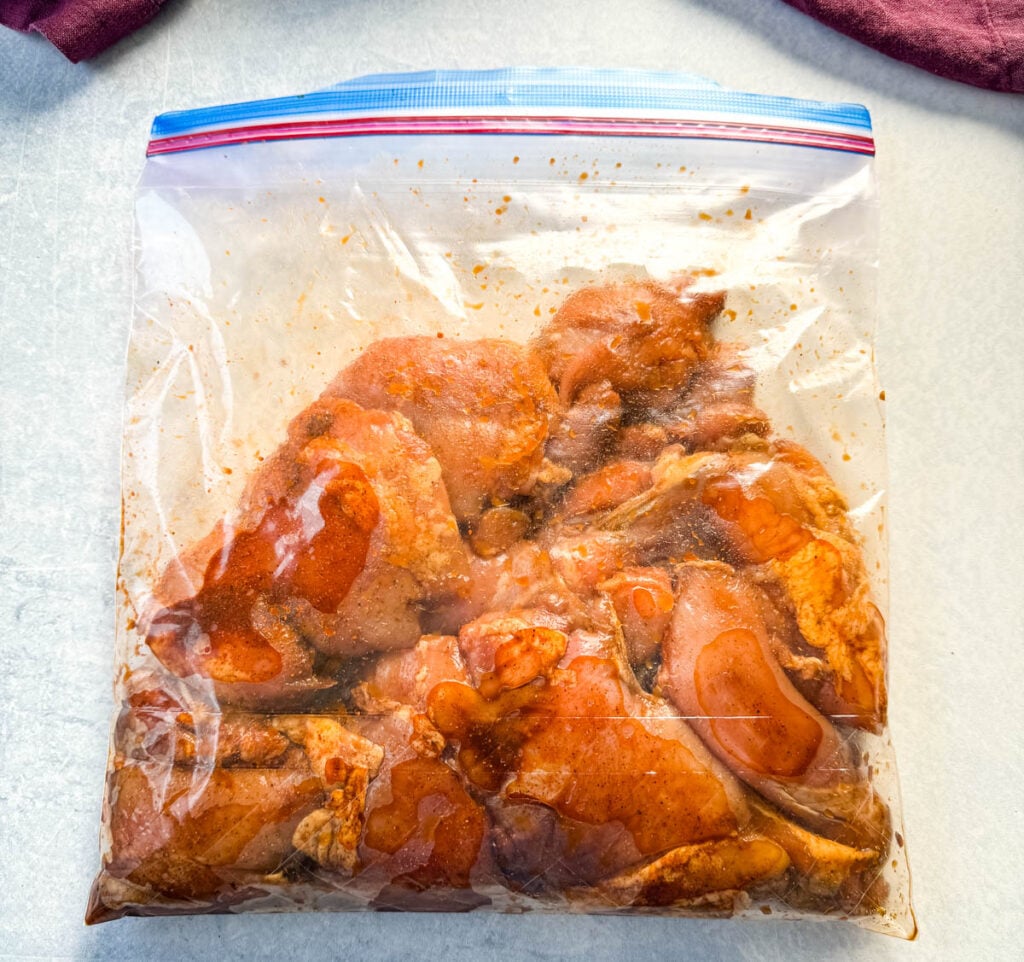
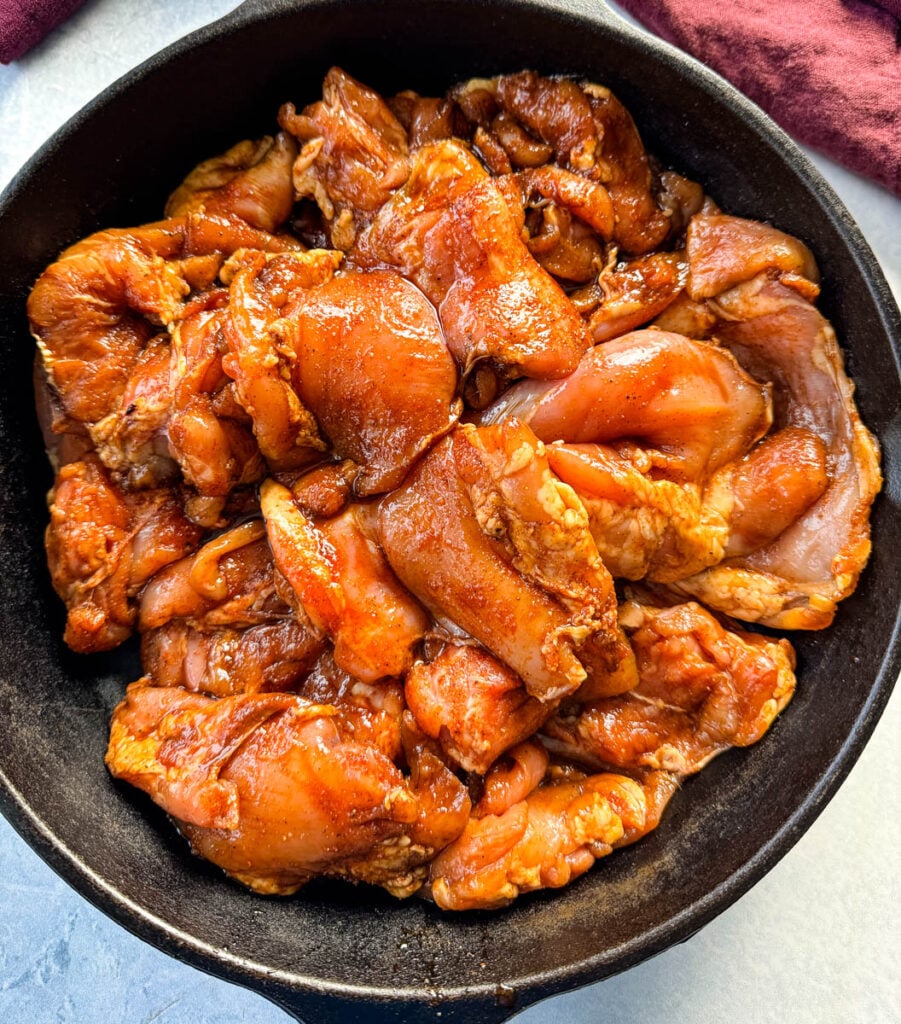
How Long to Marinate the Chicken
You can always marinate chicken in the fridge overnight if preferred.
If you're working with thinly sliced chicken breasts or tenders, marinating for 30 minutes to 2 hours should be sufficient. These cuts absorb flavors relatively quickly due to their size.
For thicker chicken breasts or thighs, marinating for 2 to 4 hours allows the flavors to penetrate deeper into the meat and results in a more pronounced taste.
If you're marinating a whole chicken, especially if it's for grilling, marinate it for at least 4 hours or overnight to ensure that the seasoning permeates the entire bird.
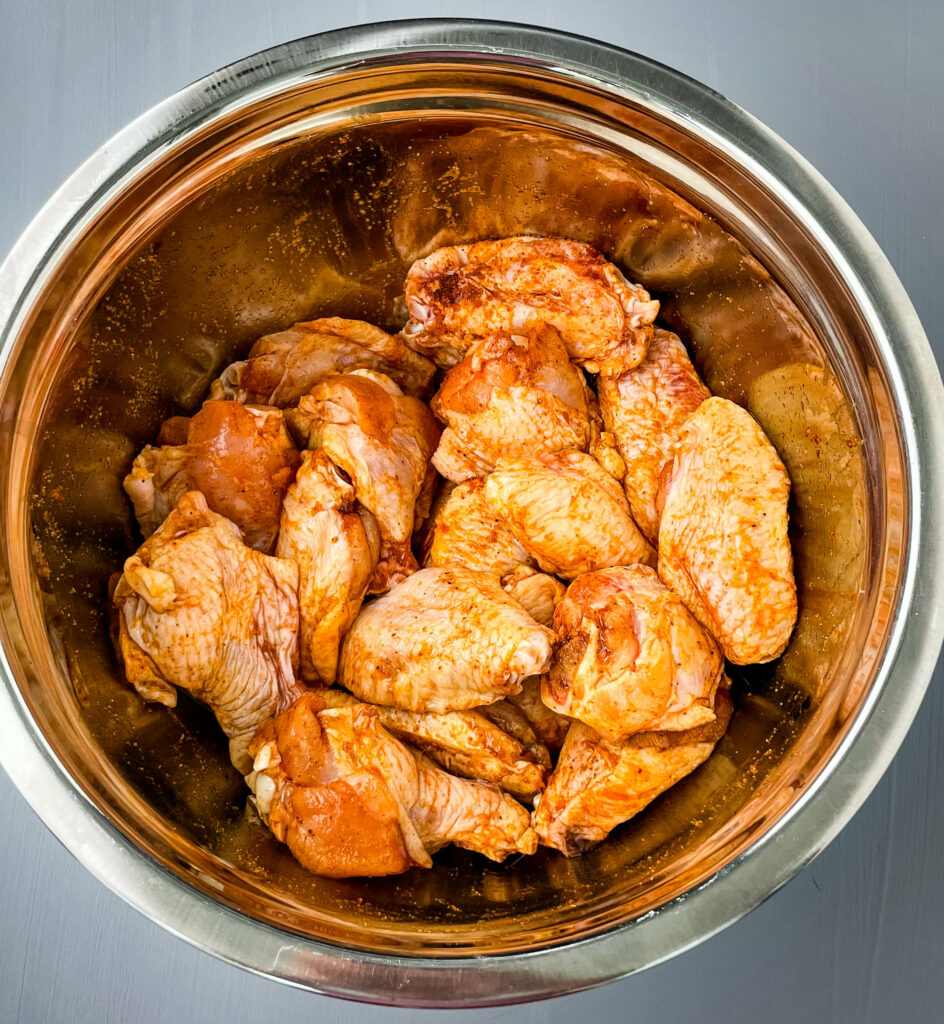
How to Ensure the Chicken Stays Moist When Cooked
- Proper Temperature: Cook chicken to the appropriate internal temperature to ensure it's safe to eat but still juicy. Ensure the chicken reaches an internal temperature of 165 degrees measured with a meat thermometer inserted into the thickest part of the meat.
- Resting: Allow cooked chicken to rest for 10-15 minutes before slicing or serving. This allows the juices to redistribute throughout the meat, resulting in a juicier texture.
- Avoid Overcooking: Overcooking chicken can lead to dry and tough meat. Cook chicken just until it reaches the desired internal temperature, and avoid leaving it on the heat for too long.
- Quality of Chicken: Choose high-quality, fresh chicken as it tends to be more moist and flavorful than frozen or lower-grade chicken.
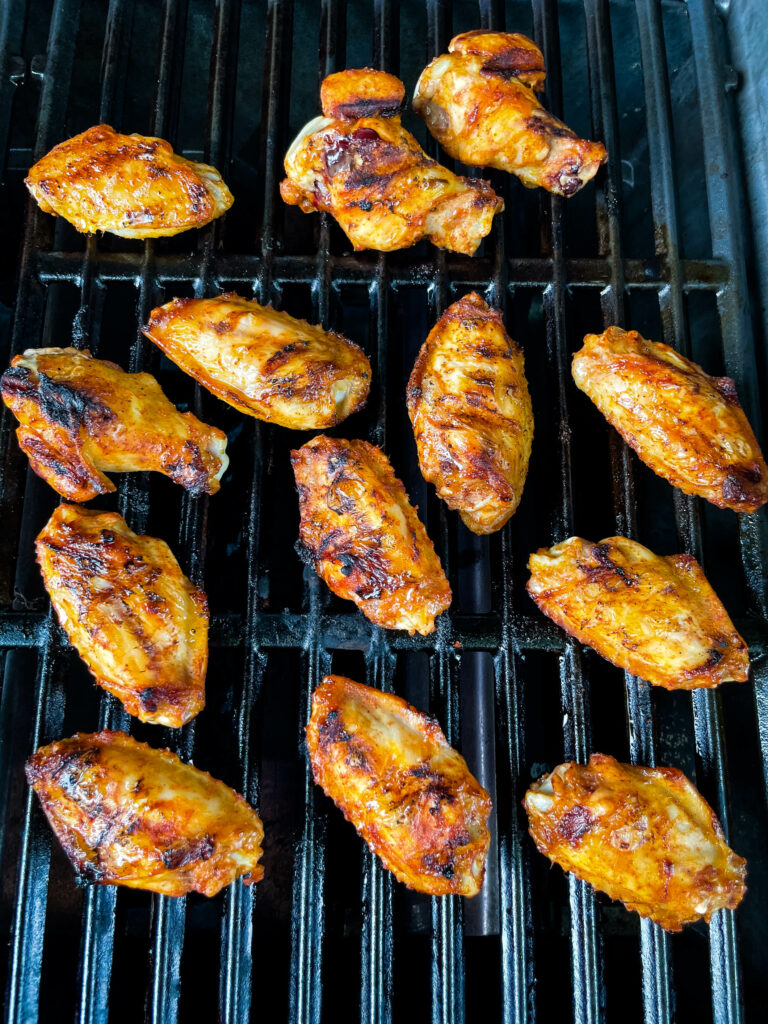
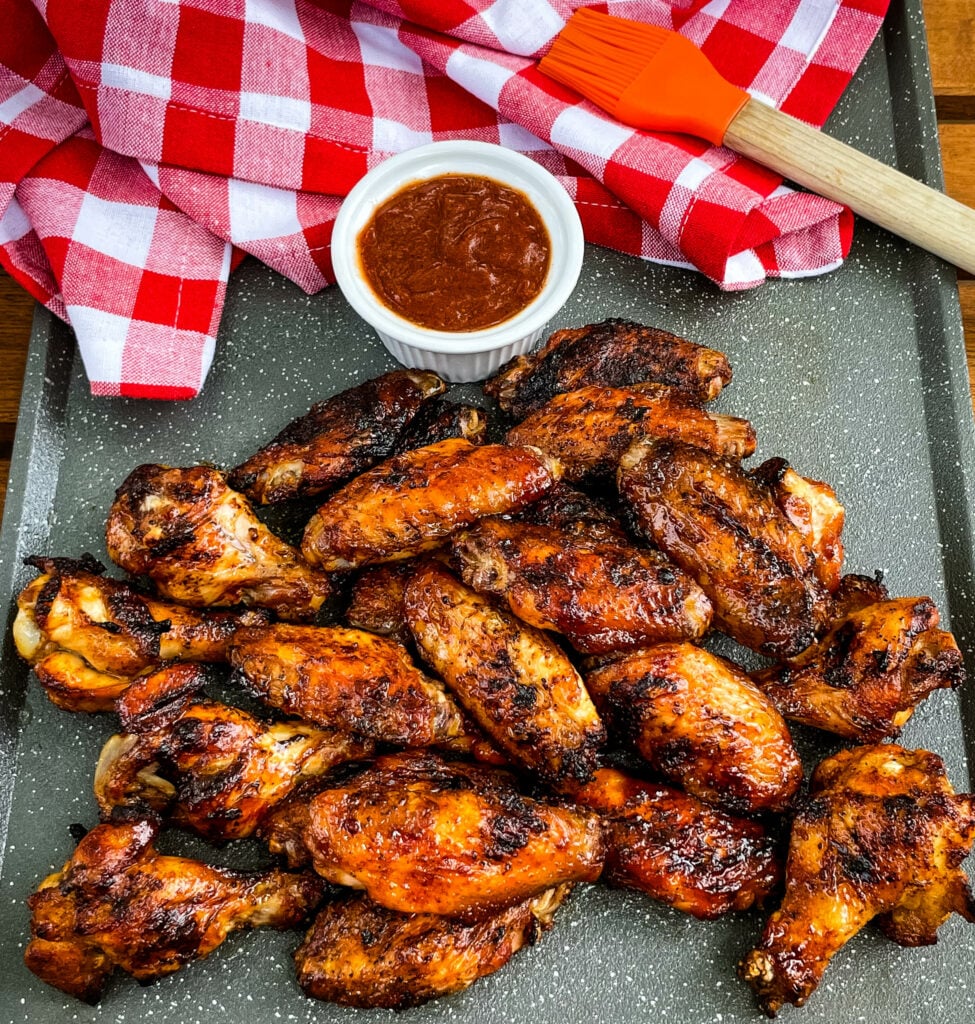
How to Store/How Long it Will Last in the Fridge
The amount noted in the recipe is enough for 3 pounds of chicken. I usually use it in one serving. If you make this in bulk, it can typically last for up to a week tightly covered and sealed in the refrigerator.
More Seasoning and Spice Recipes
Homemade BBQ Seasoning and Rub
Homemade Blackened Seasoning
Homemade Chili Seasoning
Homemade Ranch Seasoning
Homemade Taco Seasoning
Homemade Steak Seasoning Rub
Dry Rub for Chicken
Homemade Burger Rub and Seasoning
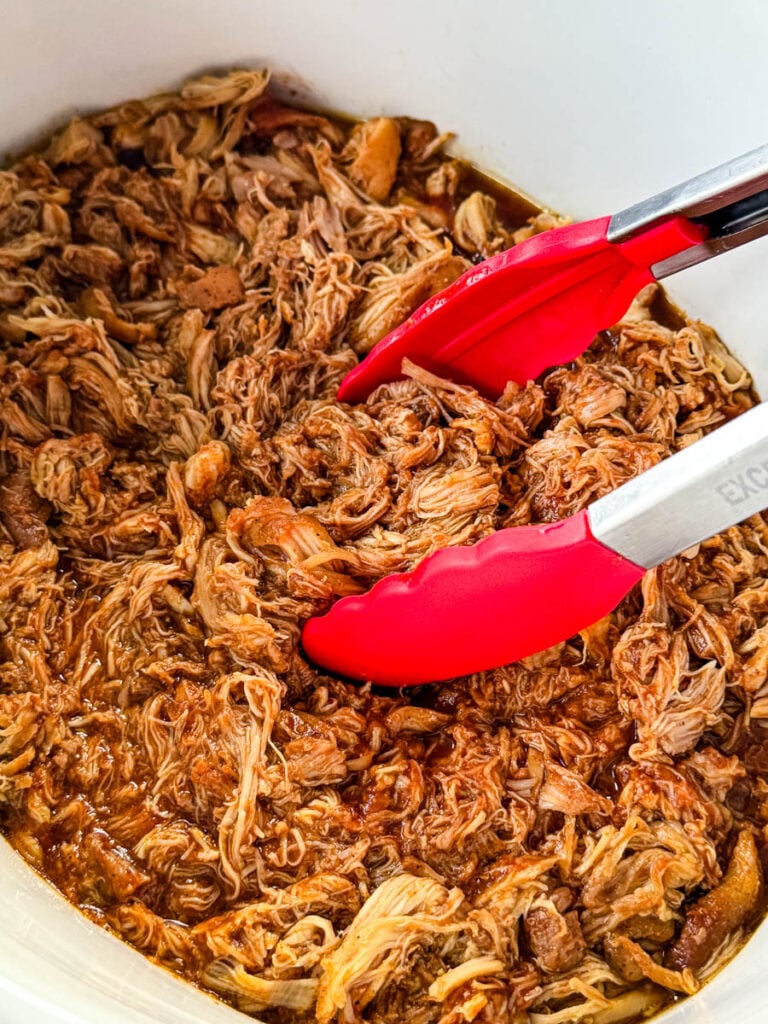
Pair With These Recipes
Smoked Pulled Chicken
How to Grill Chicken Wings
Traeger Smoked Whole Chicken
Traeger Smoked Chicken Wings
Traeger Smoked Chicken Breast
Smoked Turkey Wings
Traeger Beer Can Chicken
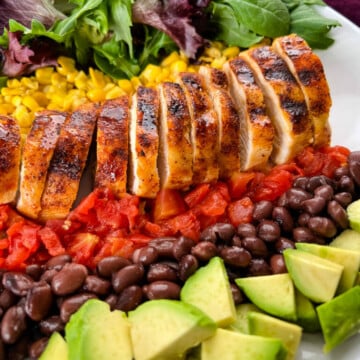
Grilled Chicken Seasoning
Want to save this recipe for later?
Ingredients
- ¼ cup soy sauce
- 2 teaspoons brown sugar or sweetener
- 1 teaspoon chili powder
- 1 teaspoon smoked paprika
- ½ teaspoon onion powder
- ½ teaspoon garlic powder
- salt and pepper to taste
Instructions
- Combine the soy sauce and all of the spices and drizzle it over the chicken in a large bowl or plastic bag. Place the chicken in the fridge (covered) for 30 minutes to overnight.
Notes
Nutrition
Nutrition Data
Macros are provided as a courtesy and should not be construed as a guarantee. This information is calculated using MyFitnessPal.com. To obtain the most accurate nutritional information in a given recipe, you should calculate the nutritional information with the actual ingredients used in your recipe, using your preferred nutrition calculator. You are solely responsible for ensuring that any nutritional information provided is accurate, complete, and useful.

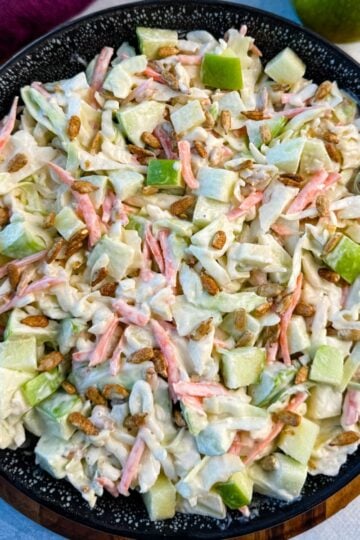
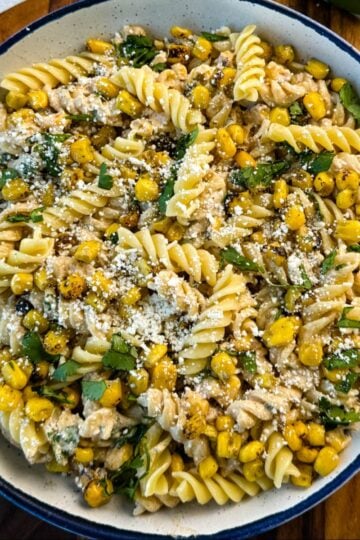
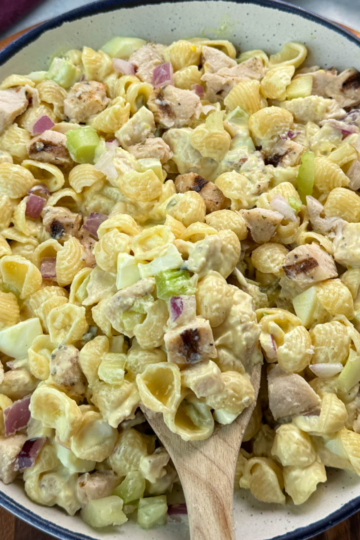

Leave a Reply